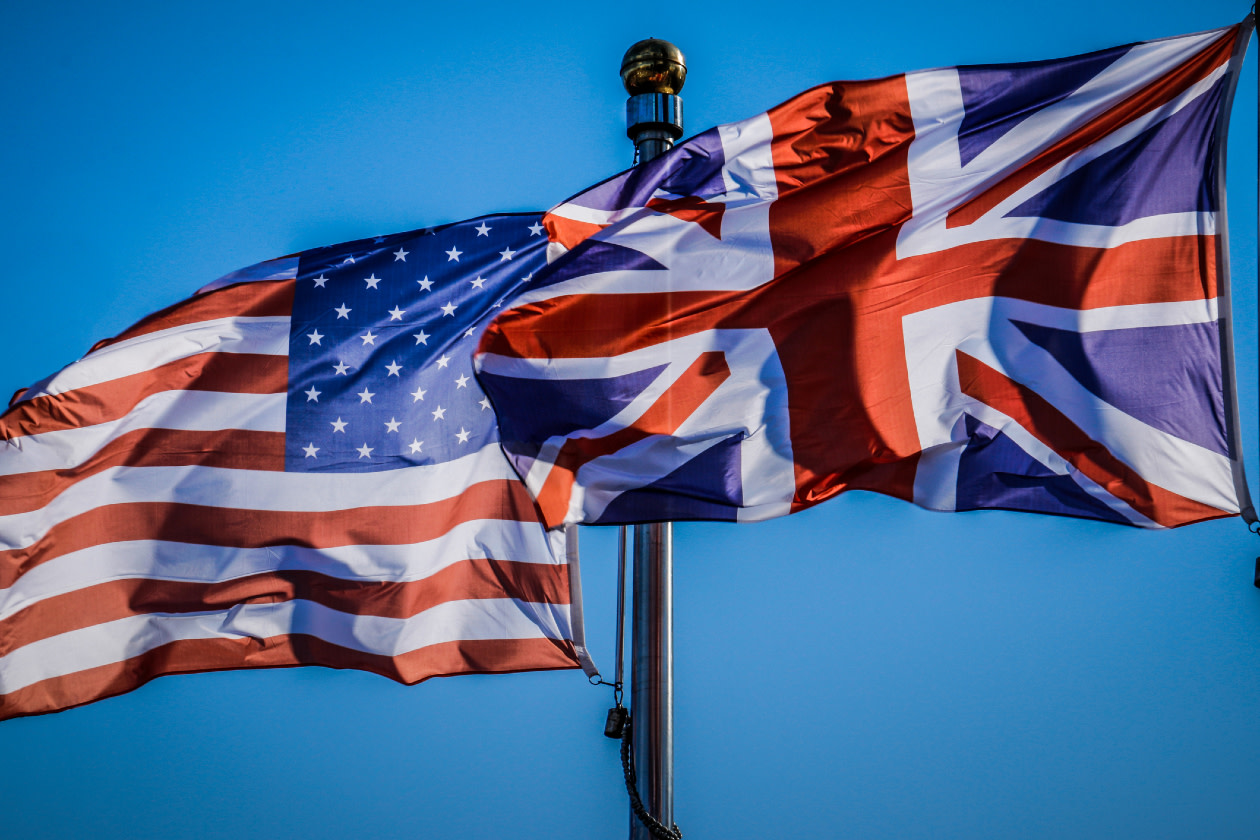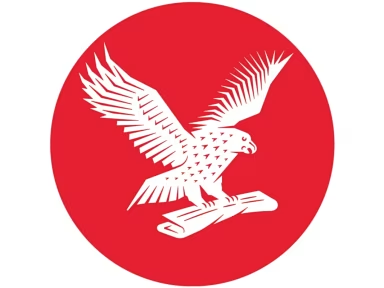President Trump brandished his trade deal with the UK at the G7 meeting in Canada, announcing he had finally signed it after weeks of wrangling - then promptly dropped it on the ground.
Keir Starmer was quick to respond to the US president’s clumsiness, bending down to pick up the precious agreement, set to protect auto industry jobs in Britain.
The whole thing could be seen as a metaphor for how the Republican sees these kinds of deals - and continues to treat them.
Because there is a sting in the tail to what the two men signed in Alberta. Whopping tariffs of 25 per cent remain on British steel - one of the industries that can least afford them. And the prime minister now faces a race against time to try to get rid of them, before they cripple an already beleaguered industry.
The US president sent shockwaves through the global economy when he announced his steel tariffs – and then, a few weeks ago, plans to double them.
The UK-US trade deal unveiled with much fanfare in April should have exempted Britain from steel tariffs altogether – but there was one problem, it had yet to be implemented. And it still has not. Trump’s signature means the deal can now go through parliaments on either side of the Atlantic, but that process will still take days.
It was not supposed to be like this. When it was first unveiled Trump hailed the trade agreement with the UK as a “great deal for both countries”, while the prime minister said the move would “boost British businesses and save thousands of British jobs” and deliver on his promises to protect carmakers and, crucially, save the UK’s steel industry.
Under its terms, levies on steel and aluminium were to be reduced to zero.
However, a general 10 per cent tariff for other goods would remain and Britain agreed to scrap its tariff on ethanol coming into the UK from the US. At the time the Conservative leader, Kemi Badenoch, said the UK had been “shafted” as she contrasted the amount UK business would have to pay with their costs before Trump came to power.
Earlier this year, MPs were forced to hold a Saturday sitting to approve emergency plans to save British Steel's Scunthorpe blast furnaces by taking control away from its Chinese owners.
Although the new law stopped short of nationalisation, the government conceded it was "likely" British Steel would have to be taken into public ownership as Sir Keir warned the UK's economic and national security was "on the line".
At the time, he said his government was “turning the page on a decade of decline, where our manufacturing heartlands were hollowed out by the previous government. Our industry is the pride of our history – and I want it to be our future too."
The British steel industry described it as a “body blow” to wake up a few weeks ago and discover that Trump had announced overnight plans to universally double steel tariffs, from 25 to 50 per cent.
That appears to have fallen again, to 25 per cent, still an astronomical sum. The calculation at the G7 has been to use a meeting with the president to get most of the way there on the trade deal. To give industries like the car sector the certainty they, and their workers, badly need. And sort out the rest later.
But the beleaguered British steel industry will be hoping they get the same kind of certainty very soon indeed.
This article was written by Kate Devlin from The Independent and was legally licensed through the DiveMarketplace by Industry Dive. Please direct all licensing questions to legal@industrydive.com.

